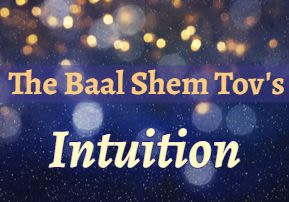
Pinchas: The Baal Shem Tov’s Intuition
When the students of the Baal Shem Tov heard of the situation, they marveled at the prophetic nature of their Rebbe. “Indeed,” one student remarked, “these the Land divided.”

Parshat Pinchas
“To these shall the Land be divided as an inheritance, according to the number of names” (Bamidbar 26:53).
The Land was divided with stipulations directly from God. According to Rashi, only those twenty years or older were to receive a portion of the Land, although the Land was actually divided fourteen years later. The Land was partitioned according to its value. A small portion of productive Land was equated with a larger, less fertile portion.
The following verse (Bamidbar 26:54) commands Moshe (Moses) to “increase the inheritance” of a large tribe, and to “lessen the inheritance” of a small tribe. There is a dispute between the Ramban (Rabbi Moshe ben Nachman) and Rashi as to the meaning of this commandment.
Ramban explains that each portion of the Land was equal, and the size of the tribe refers to the amount of Land each family within the tribe was given. However, Rashi maintains that the Land was divided based on the size of the tribe itself. The final condition of God was that the distribution would be decided through Ruach HaKodesh (Divine Inspiration). This actual process came much later, in the time of Yehoshua (Joshua, the man who assumed leadership after Moshe’s (Moses) death).
First, Yehoshua would divide the portion of Land for a particular tribe. Then, to prove the veracity of his assignment, a lottery was drawn. Two vessels were filled, one with the names of the tribes, and one with the plots or portions of Land. Yehoshua first drew a name, and then a plot, and it was always the same match as he had originally prophesized. Even more miraculously, God instilled the lottery with the ability to speak and it reiterated the accuracy of Yehoshua’s Ruach HaKodesh. This way, there was no squabbling amongst the tribes over the portions, since the hand of God was clearly visible.
* * *
The Baal Shem Tov and his students were once on a journey when the skies darkened. They decided to spend the evening at a small country inn. Loud, joyful music could be heard from the main hall in the inn, for a festive wedding was taking place. However, the Baal Shem Tov and his students retired to their rooms and did not take part in the celebrations.
The following day, when both the chatan (groom) and the kallah (bride) were present, the Baal Shem Tov said a seemingly strange thing. “Listen to that bird! He is quoting from this week’s parsha, ‘To these shall the Land be divided.’” The Baal Shem Tov gave no explanation to his meaning and both parties left the hotel.
This couple eventually had many children and grandchildren. The husband grew restless in Europe and decided that he wished to spend the remainder of his life in Israel. His wife, however, refused to leave. Like a true Jewish mother, she did not want to leave her children. The argument was brought before a Beit Din (court of Jewish law) and a decision was made. The Rabbis concluded that the man must be allowed to go, but the wife could not be forced to follow. A divorce was filed and the man moved to Israel. When the students of the Baal Shem Tov heard of the situation, they marveled at the prophetic nature of their Rebbe. “Indeed,” one student remarked, “these the Land divided.”
And so it was.
***
Tzvi Meir Cohn attended Yeshiva Hadar Hatorah in Crown Heights, Brooklyn after completing his university studies in Engineering and Law. While studying at the Yeshiva, he discovered a deep connection to the stories and teachings of the Baal Shem Tov. His many books about the Baal Shem Tov can be found on Amazon. He can be contacted at howard@cohnpatents.com.


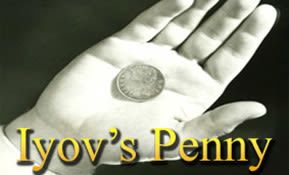
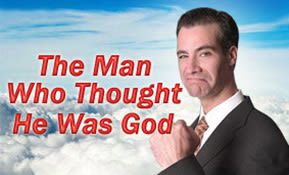


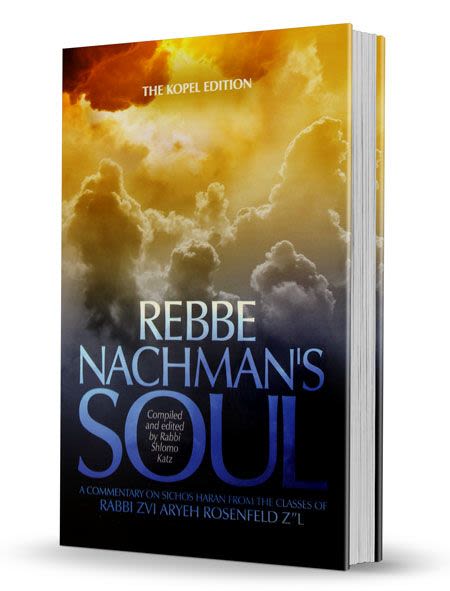
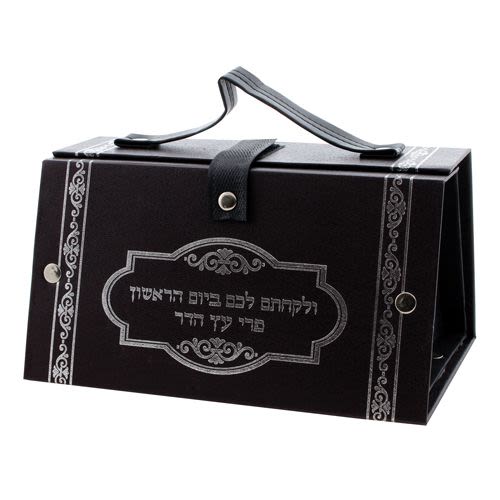
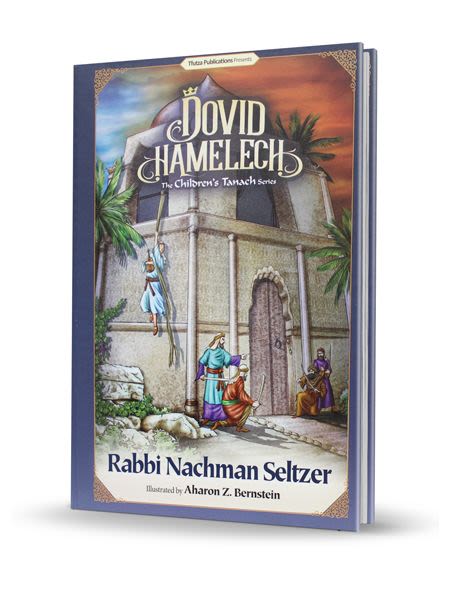

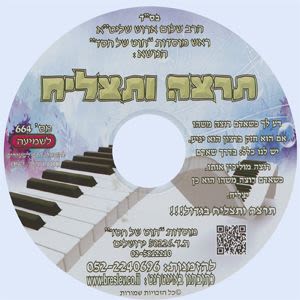
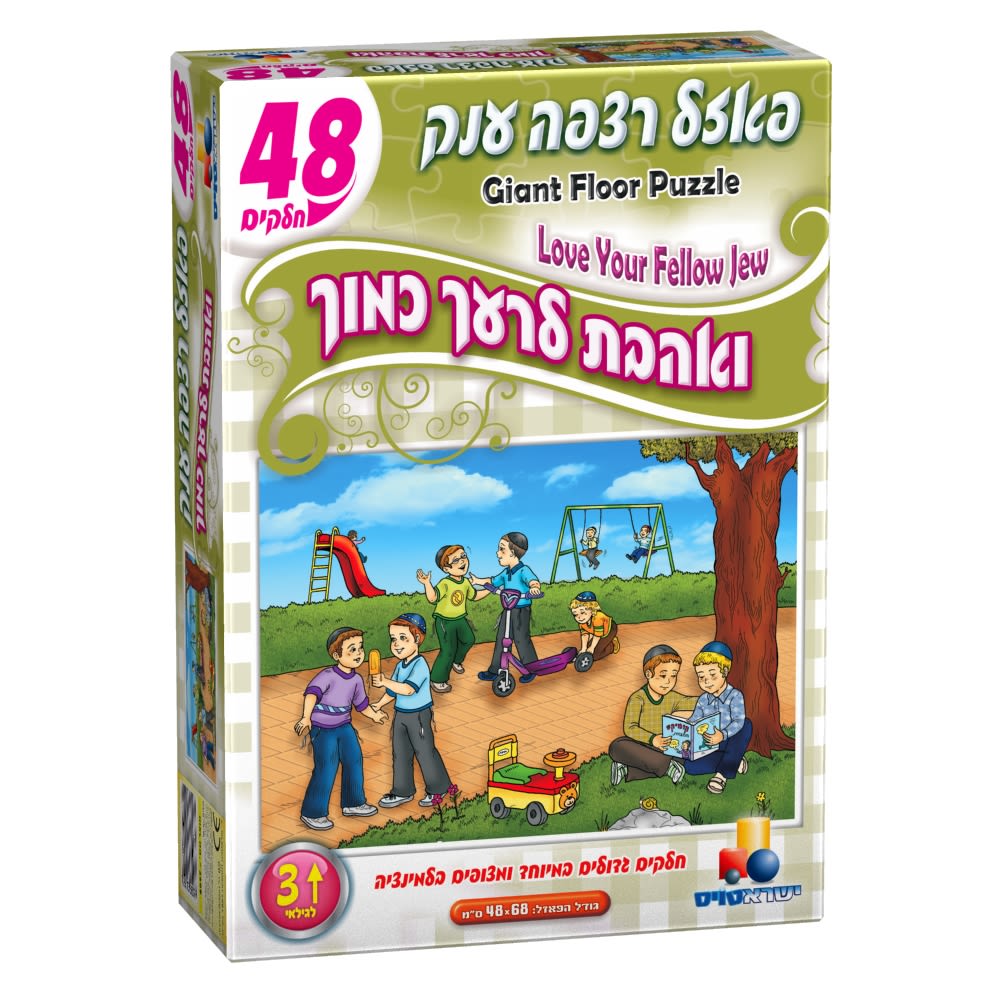
Tell us what you think!
Thank you for your comment!
It will be published after approval by the Editor.